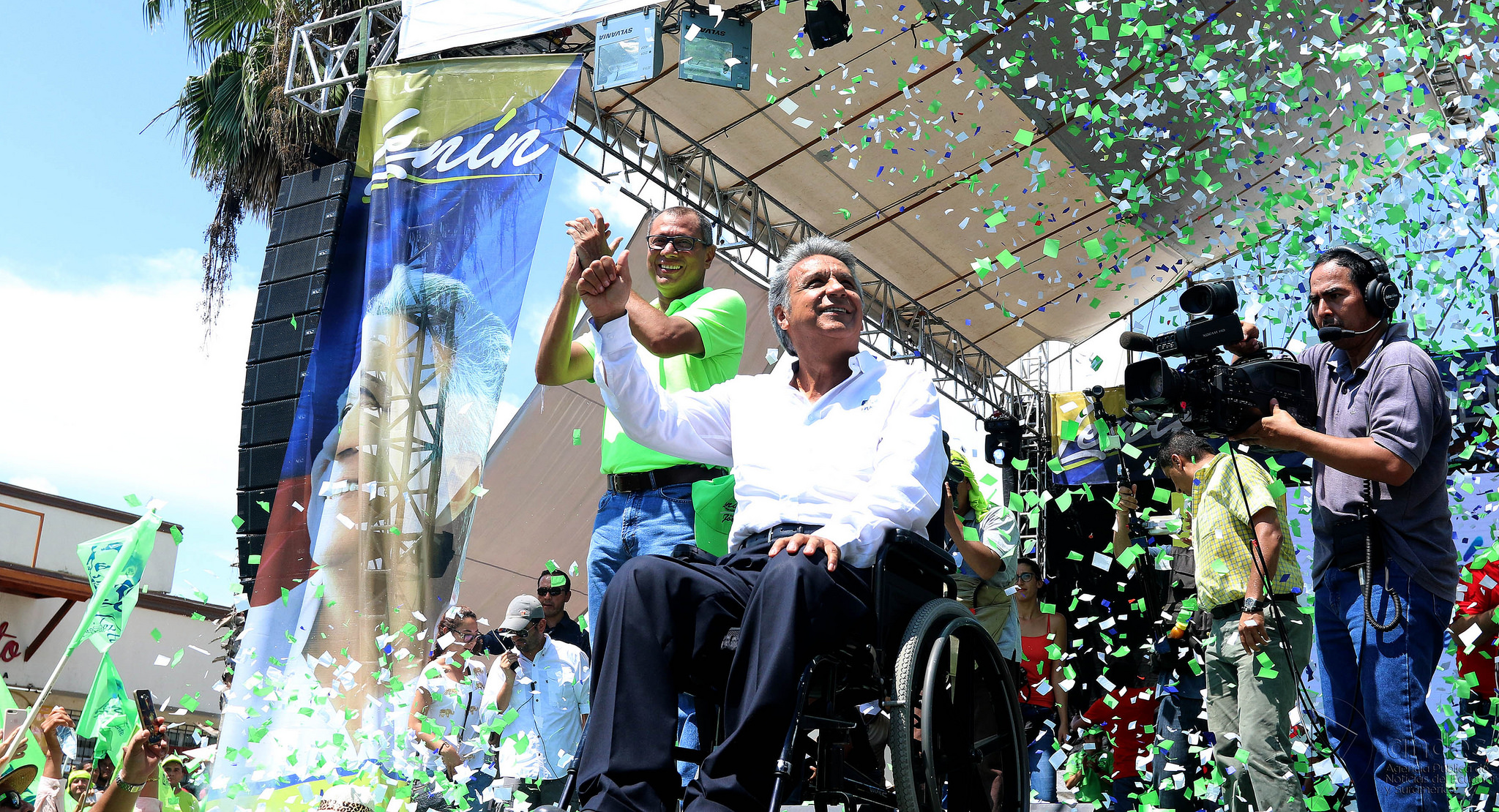Student experience: for the first session of the Development Management workshop series, Prof Michael Barzelay of the LSE’s Department of Management discussed how case studies can constitute a useful mechanism to share practical knowledge and experiences among practitioners in the field of international development.
To begin the session, Prof Barzelay sought to stimulate the participants’ thinking on the nature of organisations, problems and decision-making processes. Drawing on Cohen et al.’s 1972 article “A Garbage Can Model of Organizational Choice”, Prof Barzelay presented a simple framework consisting of problems, decision participants, choice opportunities and solutions. Participants then discussed in small groups whether this framework was useful for analysing and explaining the decision to hold this workshop session. During the discussion, Prof Barzelay drew attention to, amongst other things, the possibility of multiple, contradictory decisions within organisations, to the fact that decision participants often were more interested in seeing their solutions adopted that seeing the problem solved, or that those offering solutions may often only ex post justify their decisions by referring to a certain problem.
In order to understand how certain choices were made versus others in such complex settings such as development co-operation, Prof Barzelay then made a case for conducting case studies, the ultimate objective being the ability of actors to learn from the successes and challenges of past experiences. However, case studies often lack comparability and a common language that allows people to draw concrete lessons for their own work. The World Bank’s “Global Delivery Initiative” has been created with such considerations in mind, and strives to set up the infrastructure and the framework to facilitate exchange among development practitioners via case studies. Participants were then invited to think about and discuss to what extent the structure of the GDI’s case study reports constituted a good format that will encourage the drawing of more abstract conclusions from context-specific experience in order to bridge the gap between past experiences and future challenges.
This was then explored in greater detail through the example of the creation of the Egyptian-Japanese University of Science and Technology (E-JUST). E-JUST is a research university founded by a bilateral agreement between Egypt and Japan. The university is publicly owned by the Egyptian state, and is part of the public university system. Japanese universities are involved in the design and delivery of the curriculum, Japanese professors are loaned to the E-JUST for determined periods in order to share in the research and teaching, and regular exchanges and trips to Japan are organised. The board of trustees, composed mainly of ex officio members (representatives of different Egyptian and Japanese ministries) oversees the management of the university which is headed by the university president.
The discussion focused in particular on how to best frame the challenges that arose during the project, and on the difference between development challenges (that relate to the challenges a country faces on its path of development) and delivery challenges (concrete challenges that hinder the implementation of projects designed to address the development challenges). Prof Barzelay explained how the debate in international development and among practitioners had from the 1990s onwards reached a point in which it was widely accepted that technical assistance projects that focus on expanding the technical capacity of local actors via training, procurement, etc., was ineffective and inefficient in the long term because of a lack of organisational capacity. In order to achieve long-lasting results, it was thought necessary to develop the long-term capacity of countries by strengthening key organisational structures, which is what the E-JUST sought to do. Participants raised a number of potential challenges to such efforts, such as conflicting interests between project partners, unclear objectives, etc. Prof Barzelay also pointed to the problematic issue of dealing with an organisational structure that was to a certain extent problematic at its inception, but was the only viable option that could be agreed on by the two partners. In such cases, the best solution may often be to go ahead with the creation of an imperfect structure that can be agreed upon, in order to restructure it once the organisation is up and running.
The workshop closed by emphasising the need for conceptual clarity when it comes to analysing and understanding the functioning of organisations and decision-making processes that practitioners of development encounter in the field. Furthermore, it addressed some of the ways in which challenges encountered during co-operation projects could best be framed, documented and disseminated via case studies in order to maximise the utility for people working on similar issues but in other regional or national contexts.
This article was written by a student who wishes to remain anonymous.
The views expressed in this post are those of the author and in no way reflect those of the International Development LSE blog or the London School of Economics and Political Science.





